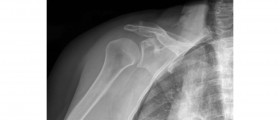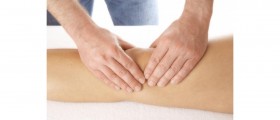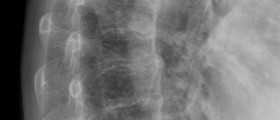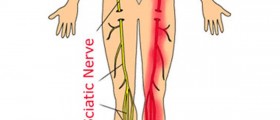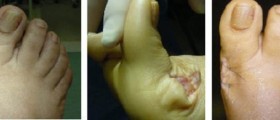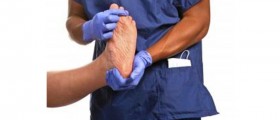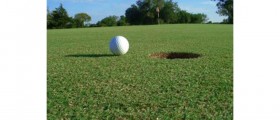I am 6 weeks post-op on my shoulder and for the last 2 weeks, whenever I make a certain movement (which I can't really pinpoint exactly), it feels like someone is stabbing me in the front of my shoulder with pain radiating down my inner arm to the elbow area. My surgeon and PT seem to think it's "normal", but I would think with continued PT and doing my home exercises religiously, that it should have eased up some by now! It literally brings tears to my eyes. I can be doing nothing then make a slight movement and BAM! The pain is excruciating!
Loading...
Hi, guest.
It's important to keep in mind that while some degree of discomfort can be normal during the recovery phase following shoulder surgery, severe or worsening pain, or pain that brings tears to your eyes, should be taken seriously.
Here are some possible reasons for your symptoms:
-
Muscle or Tendon Strain: During recovery, the muscles and tendons around the shoulder can be weak and prone to strain. Sudden movements might cause pain if a strain occurs.
-
Nerve involvement: It’s possible that certain movements could be irritating a nerve, which would explain the radiating pain.
-
Surgical Healing: As tissues heal, they can sometimes adhere or scar in ways that pull when you move, which can cause severe pain. This is usually temporary but can be quite painful.
-
Inflammation: Inflammation of the tendons (tendonitis) or the bursae (bursitis) in the shoulder could be causing the pain, especially during certain movements.
-
Hardware Issues: If any hardware was placed in your shoulder during surgery (like screws or plates), it could be irritating the surrounding tissue in certain positions.
-
Physical Therapy Intensity: Sometimes physical therapy exercises can be too aggressive or performed improperly, leading to increased pain.
It's not uncommon to have postoperative pain, but the character and severity of the pain you're describing warrant careful evaluation. Pain that is sharp and debilitating is not typically classified as "normal," even in the context of post-operative recovery.
Here's what you might consider doing next:
-
Pain Documentation: Try to keep a detailed record of when the pain occurs, the type of pain, and any specific movements that trigger it. This can help your healthcare providers pinpoint the cause.
-
Medication Review: Ensure that you are taking your pain medication as prescribed and discuss any concerns about pain management with your doctor. Sometimes adjustments in medication type, dosage, or timing can be made.
-
Follow-up Imaging: If the pain persists or worsens, follow-up imaging such as an X-ray or MRI might be necessary to rule out any complications.
-
Rest and Modification: It may be necessary to modify your activity level or the types of movements and exercises you are doing to avoid exacerbating the pain.
-
Get a Second Opinion: If your concerns are not being adequately addressed, it might be worthwhile to seek a second opinion from another orthopedic surgeon or a pain specialist.
-
Ice and Heat Application: Alternating between ice and heat therapy can help manage inflammation and pain.
Loading...


